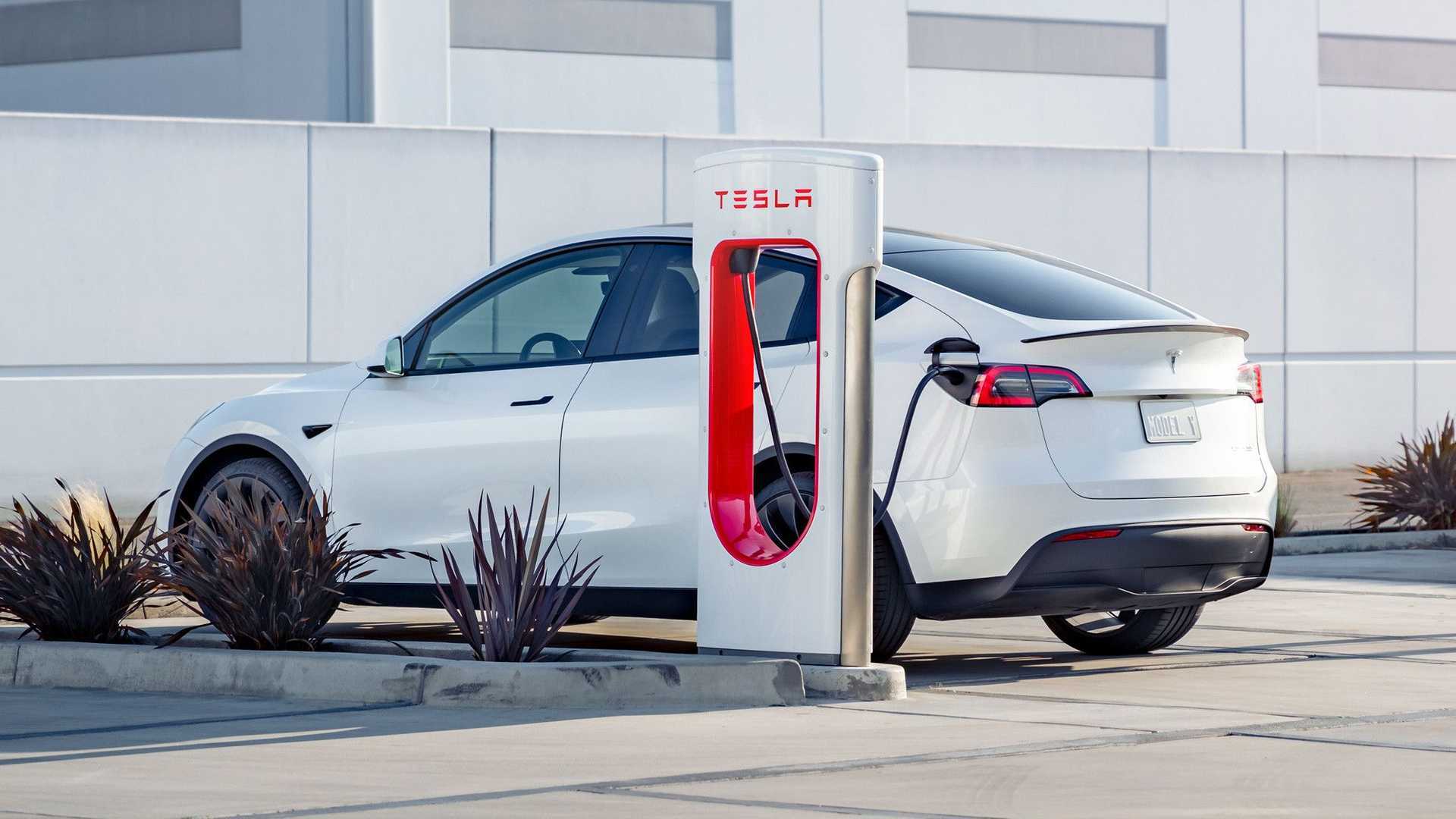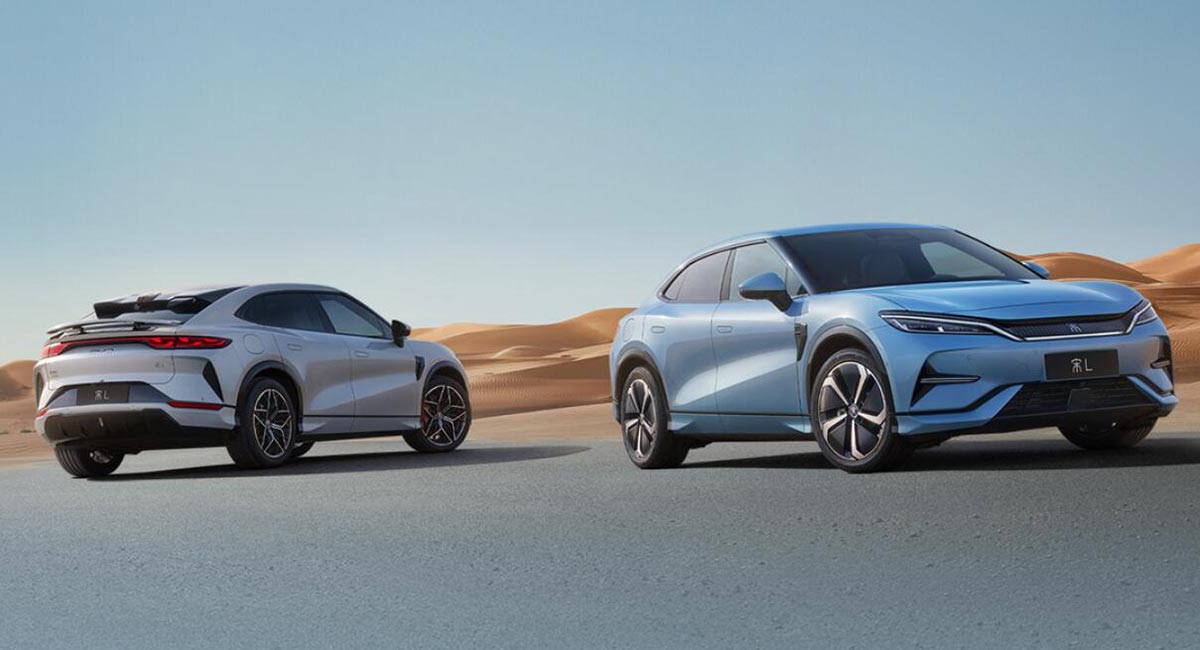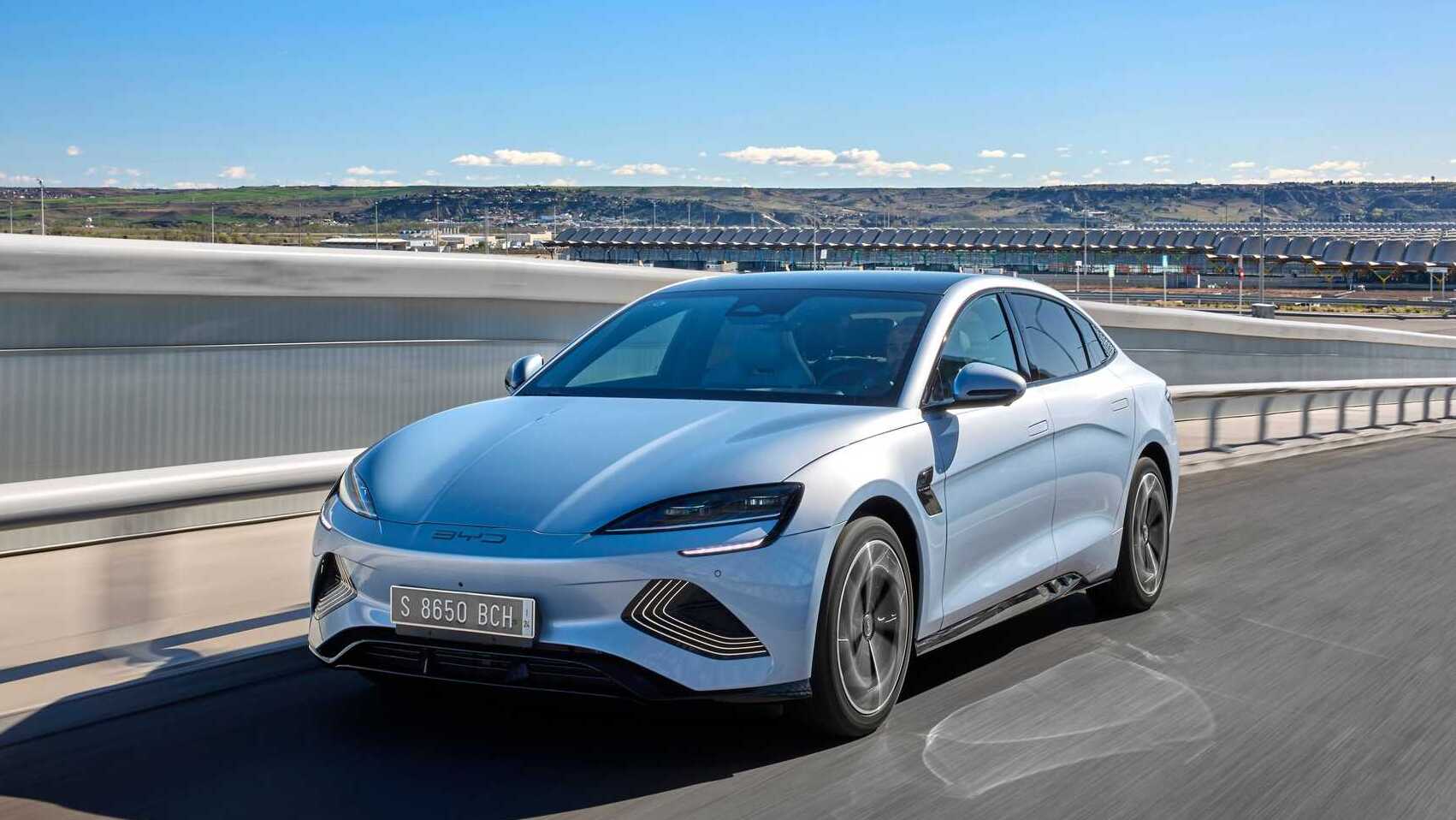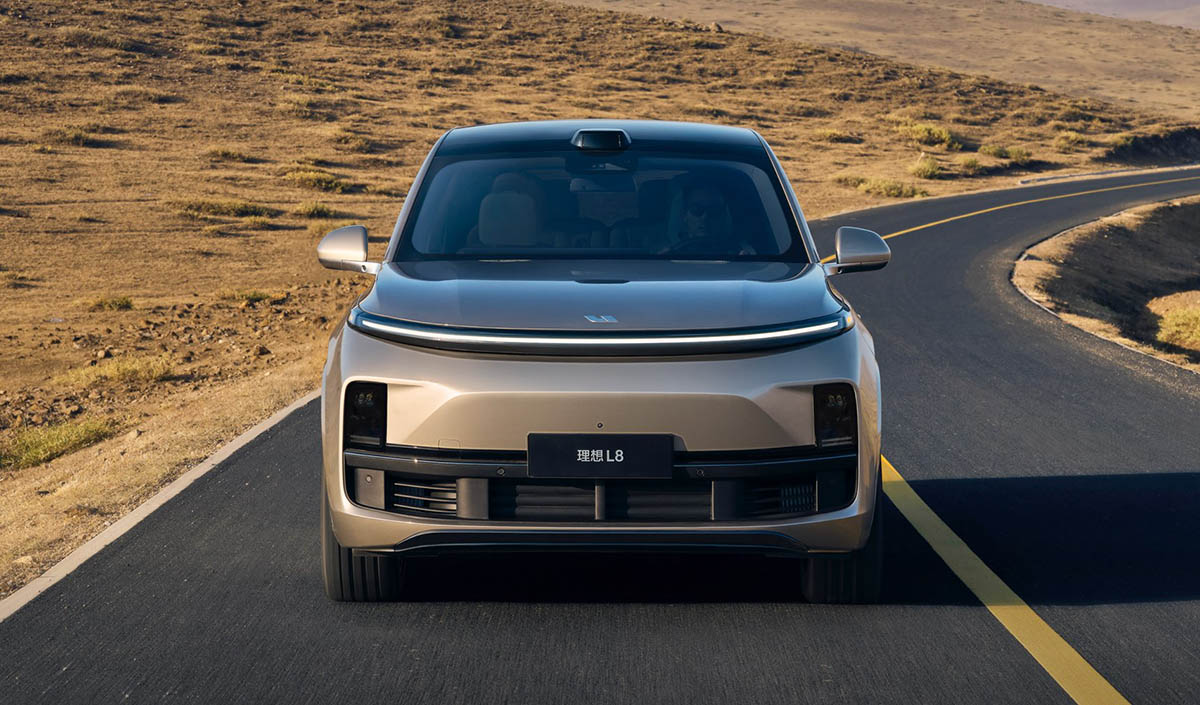Electric vehicle (EV) sales are facing a turning point, shifting from the rapid growth seen just a year ago to a more tempered pace. Automakers, once struggling to keep up with soaring EV demand, are now adjusting their strategies amidst a global slowdown.
Global electrified vehicle sales experienced a year-on-year increase in January but dropped significantly from their December peak. This decline, affecting both pure electric vehicles (EVs) and plug-in hybrid electric vehicles (PHEVs), is attributed to several factors such as subsidy reductions, stricter regulations, and seasonal sales patterns, notably in key markets like Germany, France, and China.
According to Rho Motion, a total of 1.1 million EVs and PHEVs were sold worldwide in January 2024, marking a substantial 69% rise from January 2023. However, this also represents a 26% decrease from December 2023. Notably, January’s sales were lower compared to those in June, August, September, October, and November 2023.
Global EV sales start the year with 1.1 million units sold in January 2024, growing by 69% y-o-y and falling by 26% m-o-m.
The European market grew by 29% y-o-y, in the USA & Canada by 41%, and in China sales almost doubled.
This data is taken from our EV & Battery Monthly… pic.twitter.com/V4ClrY2Fs4
— Rho Motion (@rhomotion) February 14, 2024
Charles Lester, a data manager at Rho Motion, highlighted the sharp decline in EV sales in Germany and France following subsidy cuts and tighter regulations. Despite this, Lester is optimistic, expecting a rebound driven by carmakers’ increased investments in new EVs and PHEVs to meet stricter European Union CO2 limits.
The U.S. and Canada saw a 41% increase in EV and PHEV sales in January 2024 compared to the same month in 2023, but a 14% decline from December 2023. Similarly, the European Union, European Free Trade Association, and the UK experienced a 29% year-on-year sales increase in January but a 32% drop from December. China nearly doubled its EV and PHEV sales in January but also experienced a 26% decrease from December.
General Motors’ recent announcement to offer select vehicles with plug-in hybrid powertrains in the U.S. is a significant development. This move aims to comply with stricter fuel economy and emissions standards, potentially driving hybrid sales as a transitional option between traditional combustion vehicles and EVs.







